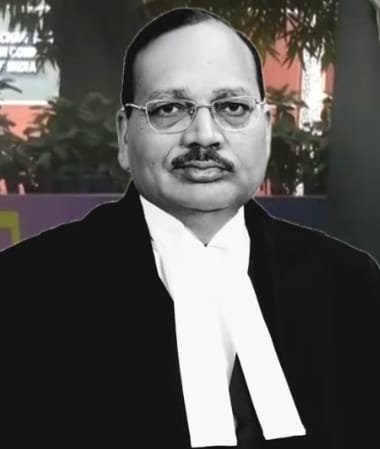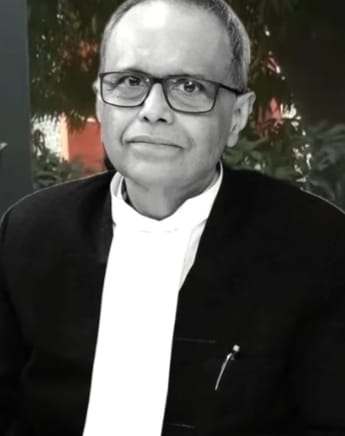

JUSTICE SURYA KANT JUSTICE JOYMALYA BAGCHI
NEW DELHI: New Delhi: The Supreme Court’s directive to the Election Commission of India (ECI) to publish details of 65 lakh deleted voters by next Tuesday has triggered a crisis within the poll body and raised fears of a constitutional deadlock in poll-bound Bihar.
According to sources within the ECI, the task of collating, verifying, and publicly releasing such a vast dataset in less than a week is “virtually impossible.” The deadline, set in the court’s interim order after two months of hearings on multiple petitions, has not only placed the Commission under severe strain but has also put the Central government in a precarious position.
A top ex EC official, speaking on condition of anonymity, warned that the directive could push Bihar into a “constitutional crisis.” The state assembly’s term ends on November 22, and elections must be concluded before that date to avoid a governance vacuum. Any delay in finalising the electoral rolls could derail the election schedule.
Experts point out that compiling and publishing the names of 65 lakh deleted voters is a mammoth task. It would require cross-checking records across multiple constituencies, digitising the data, and providing explanations for each deletion.
“Even with full resources deployed, the process would take a minimum of five weeks to two months,” said a former Chief Electoral Officer. “Doing this within a few days is not just impractical—it’s technically unfeasible.”
The ECI is also required to ensure that the data is accurate and legally defensible, as any errors could lead to further litigation. The need to provide specific reasons for each deletion—whether due to death, change of address, duplication, or other factors—compounds the challenge.
The stakes are particularly high in Bihar, where assembly elections are due later this year. If the voter list is not finalised on time, the Supreme Court’s order could indirectly delay the announcement of the election schedule.
“If the final rolls are not ready, the election process cannot be notified. That means the assembly cannot be constituted by November 22, leading to a constitutional breakdown,” said a senior election law expert.
In such a scenario, constitutional provisions dictate that the state would come under President’s Rule until elections can be held. Observers note that this would be an unprecedented situation directly triggered by a judicial order on voter roll transparency.
The Central government, while not directly responsible for voter roll preparation, would be forced to deal with the political fallout if Bihar’s elections are delayed. Any move towards President’s Rule could become a contentious political flashpoint, particularly in a state where electoral contests are fiercely fought.
For now, all eyes are on the ECI’s next steps and whether it will seek an extension from the Supreme Court. Legal experts say the Commission may have little choice but to request more time, arguing that a rushed disclosure risks errors that could undermine public trust in the electoral process.
With the clock ticking, the situation is shaping up to be a rare clash between judicial directives, constitutional deadlines, and the administrative limits of the country’s election machinery.
[Writer is a Senior Journalist and Political Commentator]





